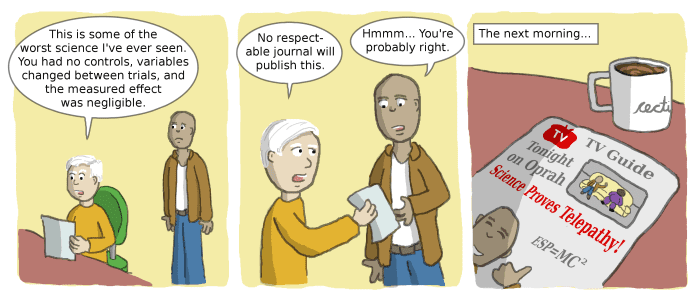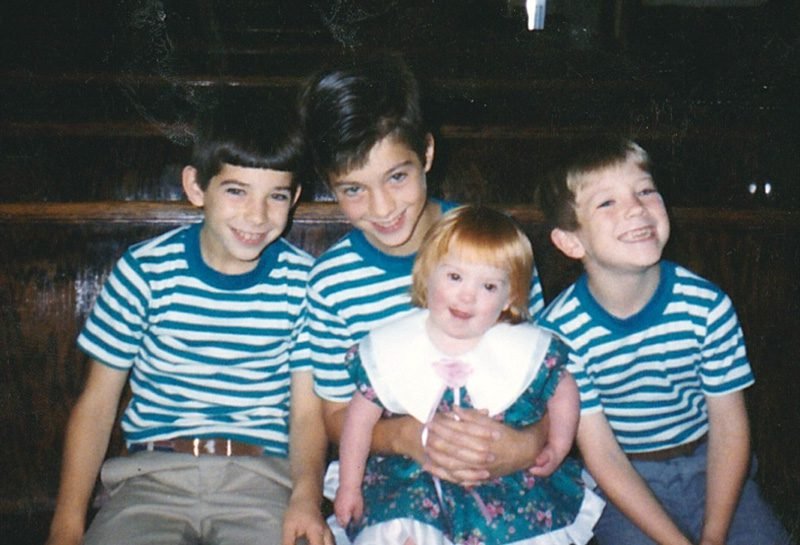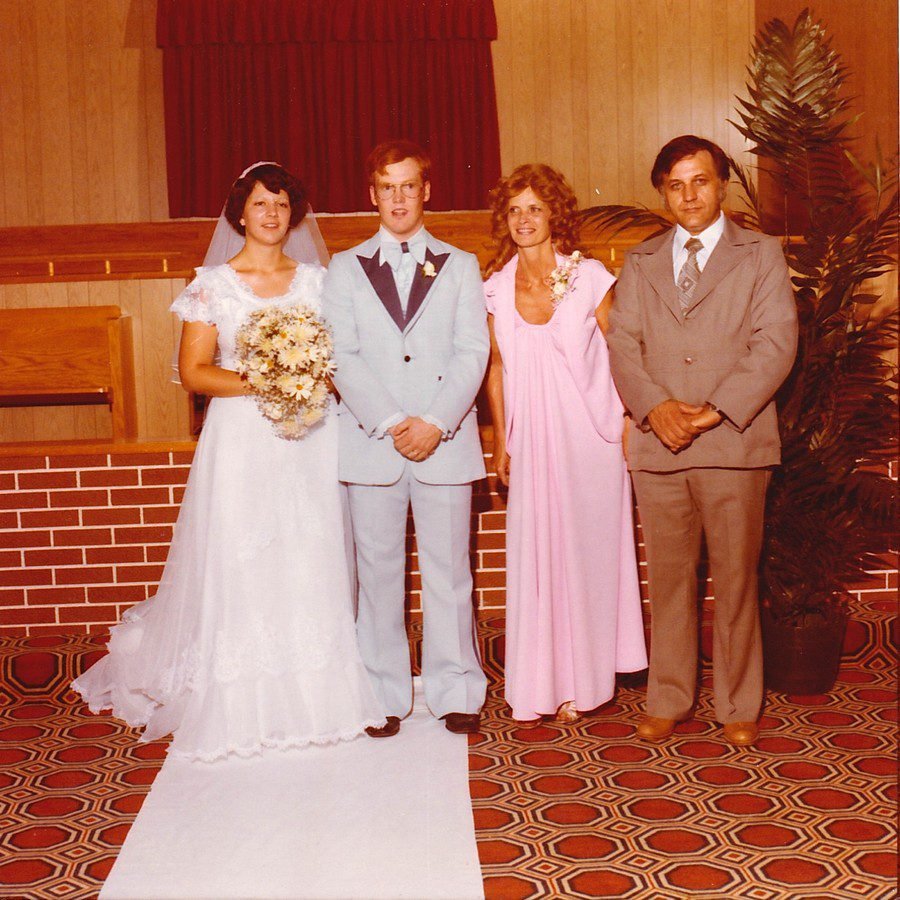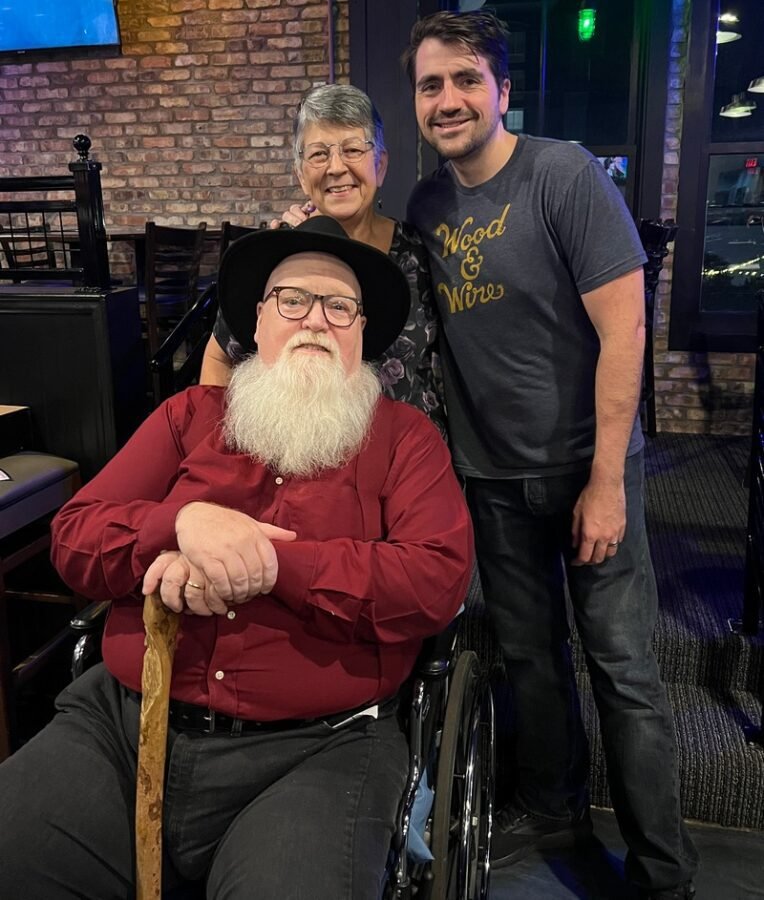
I have a lot of health problems: fibromyalgia, gastroparesis, and exocrine pancreatic insufficiency (EPI) — all of which are incurable. I am also diabetic and have high blood pressure, both of which are controlled by drugs. Further, I have degenerative spine disease:
- Hypertrophic arthropathy at T9/T10
I have widespread osteoarthritis and a torn labrum in my right shoulder. There’s never a moment when I am not in pain. Sometimes, my pain is unbearable. Every day is a challenge. Do some people have it worse than me? Of course, they do. But all pain and suffering are personal, so it doesn’t matter if some people have it worse than I do. My body, my pain, my suffering, and so it is for all of us. I wish I could adequately convey to readers how it really is for me, but words seem to not suffice. Even my partner and family sometimes miss how bad things are. Sadly, those who love us the most often get used to us being sick or in pain. They no longer see us as we are. I can’t tell you the last time a family member said to me, “How are you doing?” or “How are you feeling?” I often feel as if I have become part of the furniture. People “see” me but they don’t really “see” me. I am little more than the rocking chair that has always sat in the corner of the living room — ever present, but rarely, if ever, noticed unless someone wants to sit in it. Chronic pain sufferers and people with debilitating illnesses can reach a point where they give up and kill themselves. They feel as if they no longer have a reason for living. I have come to that place numerous times over the years, more so in recent months. I see a counselor every week, hoping to lessen my depression. Sometimes this is helpful, other times, not so much.

I have always been open about my health. This, of course, leads to all sorts of unsolicited medical advice, even when I ask people to NOT send me such advice. My openness turns some readers into medical experts, even though they have no expertise in medicine. Evidently, reading a few books and listening to a few podcasts is the equivalent of 10-14 years of post-high school education, and anecdotal stories are the same as double-blind studies. Typically, I ignore such people, knowing that medical ignorance abounds. On occasion, a few readers have pushed the issue, and that’s when I tell them to fuck off.
The scientific method is the best tool available for us to understand the natural world. Science isn’t perfect and can and does make mistakes, but I know of no other way to explain and understand our bodies. So, when readers tell me to do this or that and I will be healed, the first thing I want to see is the empirical evidence for the claim. When someone tells me that a particular supplement, food, diet, or alternative treatment will cure me, I want to see the evidence for this claim. When someone says veganism, reiki, homeopathy, iridology, essential oils, cupping, dry needling, acupuncture, chiropractic care, magnets, and a host of other alternative treatments will cure me, I want proof that these things work. Someone saying they do isn’t good enough for me (and shouldn’t be for you either).
I value expertise. Sadly, we live in a day when many people don’t. Valuing expertise is not the same as accepting what experts say without reservation. When one of my doctors suggests a new treatment or drug, I value their expertise. I have had the same primary care doctor for twenty-seven years. I trust him. But, he also knows that the first thing I am going to do after he suggests a new treatment or drug is do a Google search for relevant information. I am going to read the studies. I am going to visit patient forums. I am going to check out what online medical professionals say on the matter. Then, and only then, will I decide what to do. I have an appointment with a specialist at the University of Michigan later this month. I will likely have a relatively new surgical procedure that hopefully will lessen my suffering from gastroparesis and exocrine pancreatic insufficiency. I am hoping this procedure will reduce my nausea and vomiting. I have done my homework on this procedure, so all that remains for me to do is determine whether the benefits outweigh the risks (and there are serious risks). Statistics, probabilities, and outcomes play a big part in my deciding whether to have a procedure done or take a new drug. I never do anything blindly or by faith.

Let me be clear, I trust my doctors, and when I don’t, I look for a new one. They are the experts, so I must, to a large degree, have faith in them. It is unlikely that I will ever know as much as they do on any given issue, so I am dependent on them getting it right. I don’t know what more any of us can do. The system isn’t perfect, but it is the best we have.
To those who are defenders of veganism, reiki, homeopathy, iridology, essential oils, cupping, dry needling, acupuncture, chiropractic care, magnets, and other alternative treatments, please don’t. Don’t what, Bruce? Turn this post into a pulpit for you to preach your religion. Much like my view of religion in general, I am not interested in your personal opinion. Ouch, Bruce. Sorry, but I don’t ask the counter worker at McDonald’s about the best treatment for EPI, and I am sure as Hell am not going to ask non-experts either. If you are a medical doctor with a relevant specialty or an expert in a relevant medical field, by all means, share with me what you know — not feel or think, but what you know. Opinions are what we share on Friday nights at the pub amongst friends. When I want are facts and evidence, I seek out experts, not my drinking buddies. Just because you can do a web search doesn’t make you an expert. You do know this, right?
Bruce Gerencser, 68, lives in rural Northwest Ohio with his wife of 47 years. He and his wife have six grown children and sixteen grandchildren. Bruce pastored Evangelical churches for twenty-five years in Ohio, Texas, and Michigan. Bruce left the ministry in 2005, and in 2008 he left Christianity. Bruce is now a humanist and an atheist.
Your comments are welcome and appreciated. All first-time comments are moderated. Please read the commenting rules before commenting.
You can email Bruce via the Contact Form.









